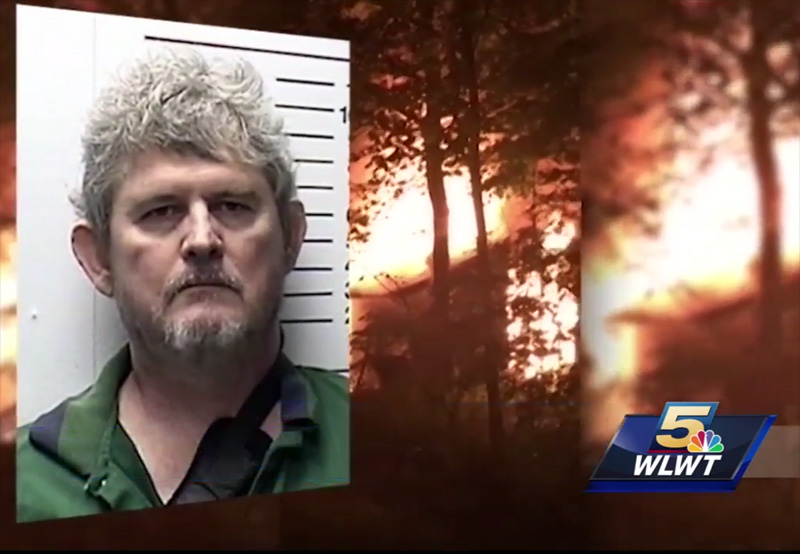A man charged with arson based partly on data collected from his pacemaker pleaded not guilty Feb. 7 to setting his Ohio home on fire.

Authorities have said gasoline was found on Ross Compton’s clothing and that the fire started in multiple places, but Lt. Jimmy Cunningham told WLWT-TV the medical data represented some of “the key pieces of evidence” in the case.
Compton’s home telephone number is disconnected, and his attorney didn’t immediately return a call seeking comment last week. But Compton previously told WLWT that the investigation had “gone way out of control” and that he had “no motive whatsoever to burn down my house.”
Compton told authorities that when he saw the fire Sept. 19 inside his Middletown home, he packed some belongings in a suitcase and bags, broke a window with his cane and threw the items through the window before carrying them to his car, according to police.
READ: How one artist was able to recreate faces from DNA on forgotten gum, cigarette butts
He also said he had a cardiac pacemaker, authorities said.
Court records show that police got a search warrant to retrieve electronic data stored on the heart device. The data included Compton’s heart rate, pacer demand and cardiac rhythms before, during and after the fire, police said.
- Ontario First Nation calls for chemical plant to be shut down amid ‘dangerously high’ benzene levels
- Nova Scotia scraps spring bear hunt idea, public ‘very divided’ on issue
- Ottawa looks to launch national flood insurance program within 12 months
- Alberta, coal lobbyists talked for years about more open-pit mining in the Rockies: documents
WATCH: Have you ever wondered how Google Maps is able to show you traffic patterns? One expert is worried it could be invading your privacy.

A pacemaker monitors the heart and helps control irregular heart rhythms. The information is recorded and can be retrieved for analysis.
A cardiologist determined that it was “highly improbable,” due to his medical conditions, that Compton could do all the collecting, packing and removal of items from his house and then carry them in the short period of time he indicated, according to court records.
That high a level of exertion would have showed up on the pacemaker data, and it didn’t, a local fire official told the Washington Post.
Police have said statements they received from Compton were “inconsistent” with the evidence they gathered. They also have said that he gave statements conflicting with what he had told a dispatcher, the Hamilton-Middletown Journal-News reported.
READ: Canadian maker of app-based vibrator sued for allegedly collecting ‘highly sensitive’ data
Compton, 59, pleaded not guilty in Butler County Common Pleas Court to aggravated arson and insurance fraud charges.
The case has raised privacy concerns from the Electronic Frontier Foundation, a nonprofit organization that focuses on defending civil liberties in the digital world.
Stephanie Lacambra, a criminal defense staff attorney with the San Francisco-based foundation, said in an email that Americans shouldn’t have to make a choice between health and privacy.
WATCH: You can have your insurer monitor your every move while driving in exchange for a cheaper premium. But privacy experts are concerned.

“We as a society value our rights to maintain privacy over personal and medical information, and compelling citizens to turn over protected health data to law enforcement erodes those rights,” Lacambra said.
Fire officials have said the blaze at Compton’s home caused about US$400,000 damage.
His next hearing is set for Feb. 21 in Butler County Common Pleas Court.

Comments